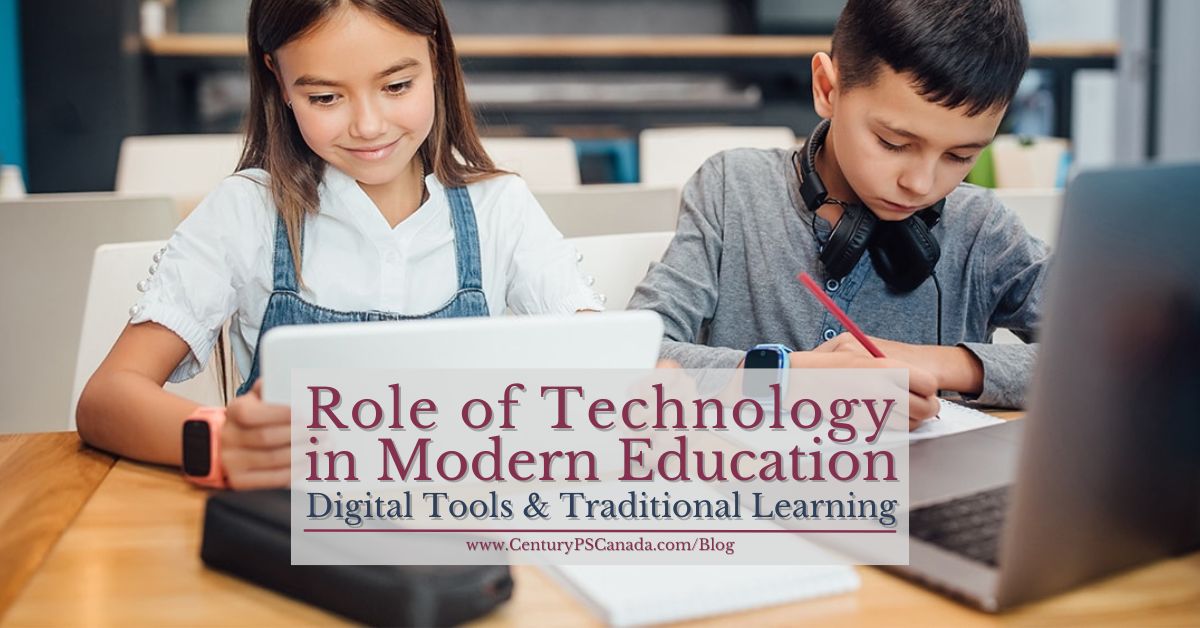In today’s rapidly evolving world, preparing children for the future is more challenging—and exciting—than ever. STEAM education, which stands for Science, Technology, Engineering, Arts, and Mathematics, offers a comprehensive approach to learning that equips young minds with the critical skills they need to thrive in tomorrow’s world.
Why STEAM?
The integration of Arts into the traditional STEM framework (Science, Technology, Engineering, and Math) is what makes STEAM a unique educational approach. This inclusion aims to foster creativity and innovative thinking alongside analytical and problem-solving skills. The synergy of these disciplines provides a holistic educational experience that prepares students for the complexities of real-world issues.
Benefits of STEAM Education
- Fosters Creativity and Innovation: By integrating arts and design into the curriculum, STEAM education encourages students to think creatively and come up with innovative solutions to problems. This is crucial as creativity is cited by experts as one of the top skills needed for future job markets.
- Encourages Critical Thinking: STEAM subjects require logical thinking and problem-solving skills. These are essential as they apply to virtually every aspect of life, from planning and executing complex projects to making day-to-day decisions.
- Improves Collaboration: Working on STEAM projects often involves teamwork. This helps students learn to communicate effectively, negotiate, and cooperate with others, mirroring the collaborative nature of most modern workplaces.
- Integrates Technology: With technology rapidly shaping professional and personal landscapes, integrating tech skills through STEAM is essential. It helps students navigate and innovate within a digital world.
- Enhances Flexibility and Adaptability: By engaging with multiple disciplines, students learn how to adapt to new situations and quickly learn new skills—traits that are invaluable in a fast-changing world.

Implementing STEAM at Home
Parents can encourage STEAM learning at home by:
- Providing Resources: Invest in science kits, building blocks, art supplies, and technology tools like computers or tablets with educational software.
- Encouraging Curiosity: Engage your child in discussions about how things work. Encourage them to ask questions and think about solutions to everyday problems.
- Incorporating Play: Many educational toys are designed with STEAM concepts in mind. Toys that require building, crafting, or the use of technology can provide foundational skills in these areas.
Century Private School’s Approach
At Century Private School, we are committed to delivering a robust STEAM curriculum. Our approach integrates cutting-edge technology, hands-on learning in science, creative arts, and mathematics into a cohesive learning strategy that prepares students not just academically but as innovative thinkers and problem solvers.
We offer specialized programs designed to foster an environment where our students can apply their knowledge creatively and collaboratively. Through STEAM education, we offer students the tools they need to succeed in the future workforce and beyond. By nurturing these skills early, we prepare our students not just to respond to the future, but to shape it.
Since 1994, Century Private School has offered a safe, pleasant, and nurturing environment for students from Montessori preschool to high school. We are dedicated to providing first-class education to embrace the vision of our students achieving excellence through their experience at Century Private School.
Be sure to follow us on Instagram and Facebook. If you have any questions about our facilities, contact us or sign up for a private tour here!



